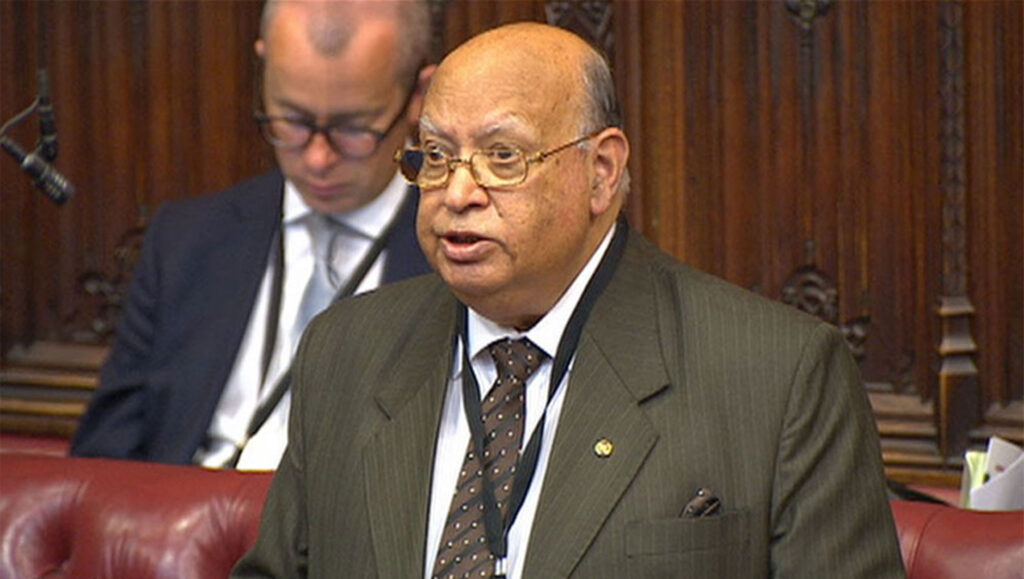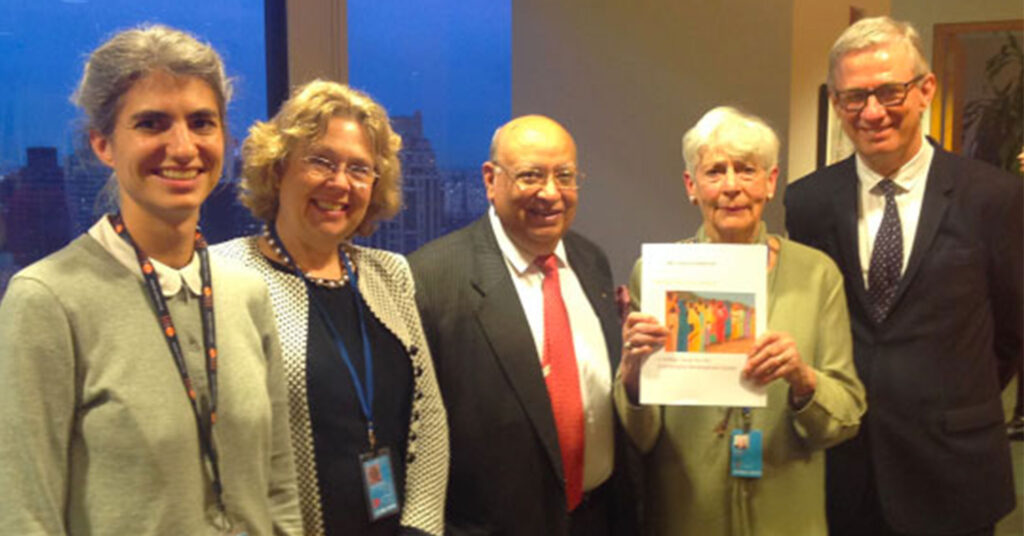Message to Member States
In January 2011, just a few weeks after the UN General Assembly unanimously designated 23 June as the annual International Widows Day, Raj Loomba took up his seat in the House of Lords and vowed to use that parliamentary platform in the United Kingdom to highlight human rights and in particular the plight of widows all over the world.












